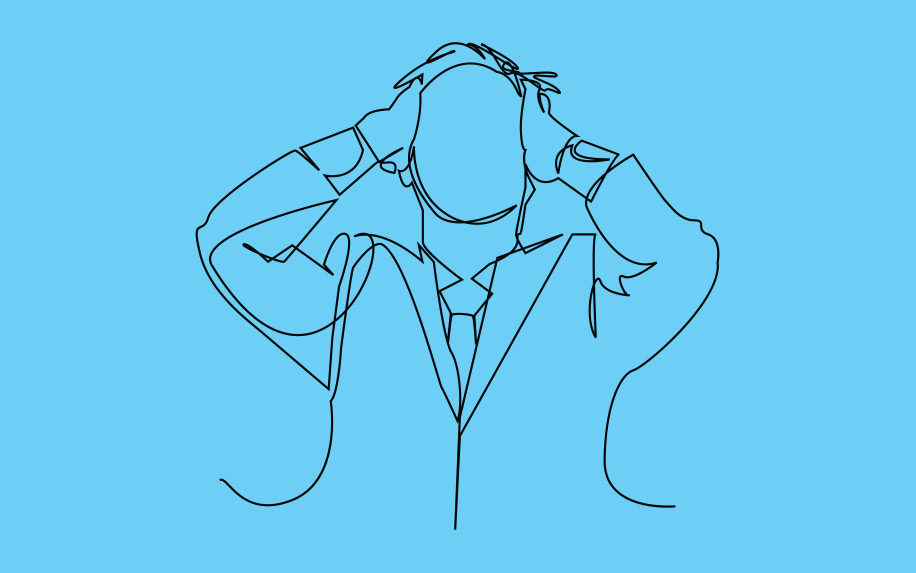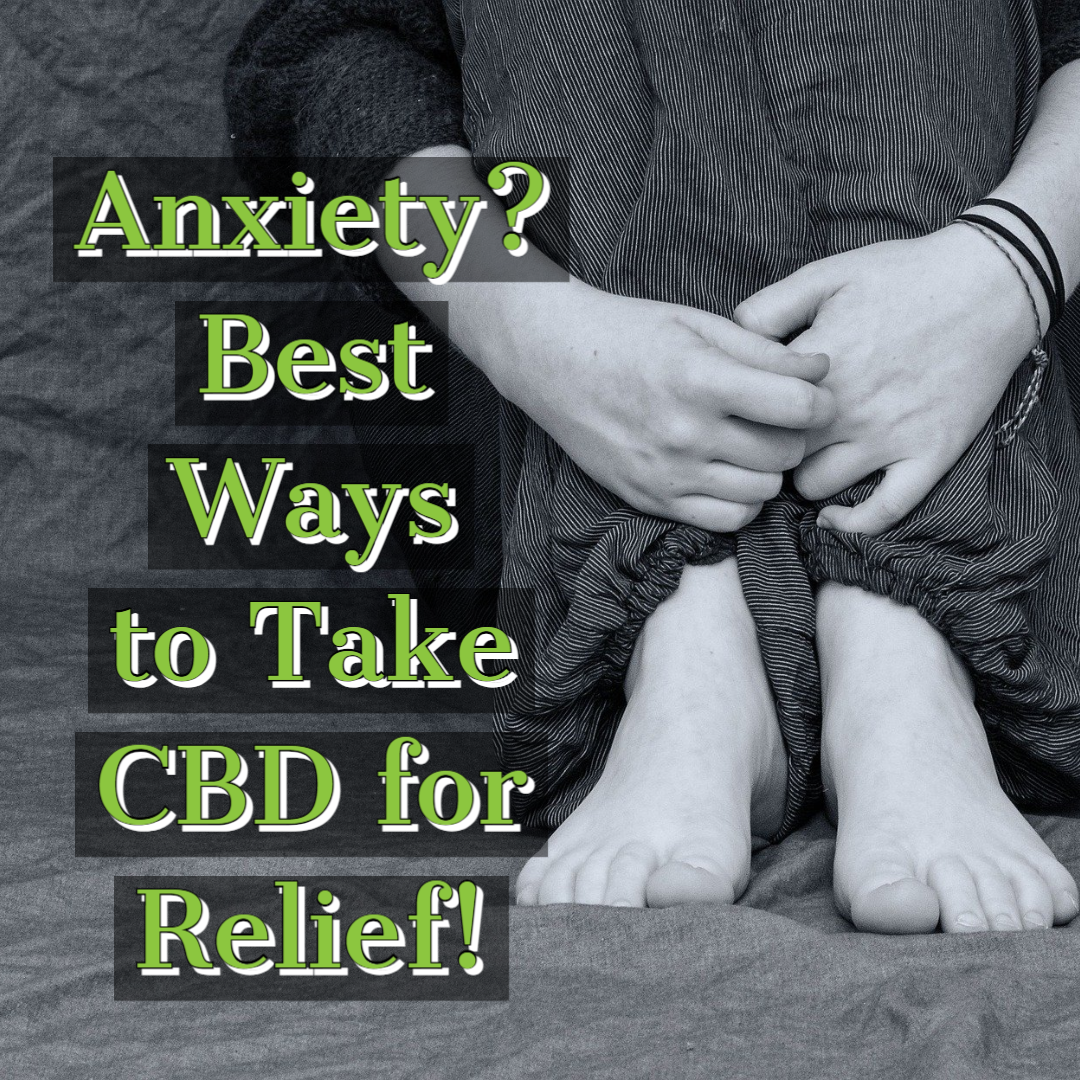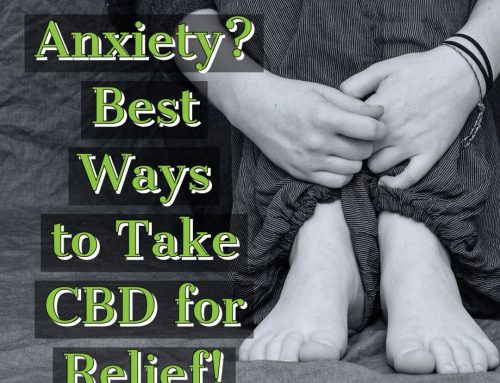What is anxiety?
Anxiety is a normal and often healthy emotion. However, when a person regularly feels disproportionate
levels of anxiety, it might become a medical disorder. Anxiety disorder occurs when anxiety starts to
severely impact a person’s life. Rather than feeling anxious in response to actual danger, someone with
an anxiety disorder will experience the same symptoms in situations they perceive as dangerous.
Anxieties now revolve around work, money, family life, health, and other crucial issues that
demand a person’s attention without necessarily requiring the ‘fight-or-flight’ reaction. The
nervous feeling before an important life event or during a difficult situation is a natural echo of
the original ‘fight-or-flight’ reaction. It can still be essential to survival
Anxiety can come in different forms such as, Generalized anxiety disorder, excessive worry about
anything and everything, including worrying about worrying. Social anxiety disorder, anxiety in
social situations, often rooted in the fear of doing something wrong and being judged by others.
Panic disorder, repeated panic attacks and worry about future panic attacks. Agoraphobia,
anxiety about having a panic attack in certain situations and not being able to escape or to get
help. Specific phobias, intense fear of objects or situations (such as fear of dogs).
What is depression?
Depression is one of the most common mental disorders in the U.S. Depression (major depressive
disorder) is a common and serious medical illness that negatively affects how you feel, the way you think
and how you act. Depression causes feelings of sadness and/or a loss of interest in activities once
enjoyed. It can lead to a variety of emotional and physical problems and can decrease a person’s ability to
function at work and at home.
Being sad is not the same as having depression. In grief, painful feelings come in waves, often
intermixed with positive memories of the deceased. In major depression, mood and/or interest
(pleasure) are decreased for most of two weeks. Another example, during grief, self-esteem is
usually maintained. In major depression, feelings of worthlessness and self-loathing are
common.
Depression can affect anyone—even a person who appears to live in relatively ideal circumstances. The
disorder also comes in various forms as well. There is Persistent depressive disorder, depression for about
2 weeks and continuous episodes through life, Postpartum depression, “baby blues” when a woman
experiences after birth depression making it difficult to care for their child. Psychotic depression, a person
has depression plus some form of psychosis, such as false beliefs or hearing voices or hallucinating.
Seasonal effective disorder characterized by onset depression during winter months wanting to be left in
hibernation away from the outside world. These are just to name a few.
Signs and symptoms of severe depression are, but not limited to persistent sad, anxious, or
“empty” mood, feelings of hopelessness, or pessimism, irritability, feelings of guilt,
worthlessness, or helplessness, loss of interest or pleasure in hobbies and activities, decreased
energy or fatigue, moving or talking more slowly, feeling restless or having trouble sitting still or
even difficulty concentrating, remembering, or making decisions. These are a few symptoms of
an individual dealing with depression.
Treatments for anxiety and depression
There are generally 2 forms of treatments that are given to patients with anxiety and depression disorder.
The first is Psychotherapy, works to replace negative and unproductive thought patterns with more
realistic and useful ones. These treatments focus on taking specific steps to overcome anxiety and
depression.
Then there is medications…
Most triggers of anxiety are due to 5-HT1A agonist: 5-HT1A is a subtype of the serotonin receptor, which
is important because anxiety and depression can sometimes be treated with medications that target the
serotonin system. This is the reasoning behind many drug companies who developed selective serotonin
reuptake inhibitors (SSRIs) like Prozac and Zoloft. SSRIs work by blocking reabsorption of serotonin in the
brain, which increases availability of serotonin in the synaptic space. This helps brain cells transmit more
serotonin signals, which can reduce anxiety and boost mood in certain cases
While these drugs can be effective for many patients, some don’t respond favorably. Certain patients
don’t see much improvement, or they can’t tolerate the side effects. Moreover, tranquilizers like Valium
and Xanax can be highly addictive.
How can CBD help?
Studies have shown cannabidiol could reduce symptoms of social anxiety in people with social anxiety
disorder. Brain scans of participants revealed changes in blood flow to the regions of the brain linked to
feelings of anxiety.
Dysfunction of brain receptors can stem from low or high levels of serotonin, as well as from malfunctions
with their receptors. Serotonin has at least 14 different receptors, but CBD specifically binds to 5-HT1A
which has the strongest role in anxiety disorders. The anti-anxiety drug buspirone, which is a popular drug
used for anxiety treatment also binds to this particular receptor, which in return explains the anti-anxiety
effects of CBD on individuals exposed to stressful situations.
CBD can help restore balance to the endocannabinoid system by preventing overstimulation of your CB1
receptors and by boosting your body’s production of endocannabinoids. This equals homeostasis. When
we develop homeostasis within the body we are at a balanced state. This means no stress or worries and
our body can cope with the interference of the outside world as well. Even though chronic stress can
damage neurons and even shrink brains cells, certain areas of the brain are still capable of regeneration.
Throughout our lives we continue to form new neurons, make new connections, and continue to grow
our brains. CBD helps to boost this process. This means that CBD can help to counterbalance the brain
damage caused by chronic stress. When CBD is paired with a helpful anxiety program, you will find
yourself in a better state of living then you thought you could accomplish
Can a change in daily eating habits help me?
Absolutely! Nutrition affects our mood on many levels.
What we eat, especially foods that contain chemical additives and processed foods, affects our gut
environment. When we consider the connection between the brain and the gut, it’s important to know
that 90% of serotonin receptors are located in the gut. When the balance between the good and bad
bacteria is disrupted in the gut, this is when health issues such as anxiety and depression arise.
Based on what we eat daily can encourage our mood. We should be careful about using food as the
only treatment for mood. For example, fast food and fries may taste good and help you cope for
the moment, but it isn’t doing justice for your body as far as health benefits. You may find
yourself feeling fatigue or groggy after a heavy meal or wanting something healthy to change
that feeling. This is because your body wants foods that help increase positive mood levels.
Studies suggests that eating a healthy, balanced diet and avoiding inflammation-producing foods are
protective against depression.






Leave A Comment
You must be logged in to post a comment.